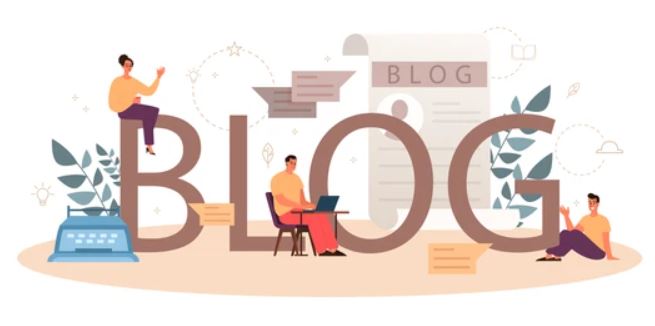The full title of this article should be ways the internet and smartphones have changed the way we live - as people and customers - and how businesses need to evolve to improve their customer experience and survive digital transformation .
We all recognize mobile technology as the true game changer in creating the world we experience today. However, the hidden truth is that without the internet revolution, there would be no smartphone. We are the result of this revolution. All certainties suddenly vanished, swept away by a torrent of connectivity. The internet has brought treats but also tremendous opportunities for those who are able to react in time and unleash the power of new technologies.
Years pass, but the rules of competition remain the same: you will only succeed if you understand what is going on, if you adapt to evolving technologies and behaviors, and if you respond to the unprecedented demands of new customers. Business and technology go hand in hand, as does the customer experience.
Best Internet has Changed the way we Live
Research
Where do you go when you are gathering information about a product or looking for an answer? Google of course. The internet has become the primary source of information and search engines are the main door to access it.
Thanks to your smartphone, you have all your knowledge in your pocket. Education, essays, product comparisons, self-improvement tips, technical details, diets, do-it-yourself, lolcats, the internet has it all. If you are a brand, you need to be there with meaningful content.
Communication
Do you remember the phone calls and letters? We have witnessed a complex evolution in the way we connect with other people and businesses. First came chat rooms and forums, then - especially after the proliferation of smartphones - social networks and online communities.
Face-to-face communication is still important, but we increasingly rely on large circles of strangers to decide what we do and what we buy. In the mobile age, communication is about building networks.
Employment
Do you really need to be in the office eight hours a day to be productive? Twenty years ago, that question made no sense at all. Of course you had to be there. It's different today, and it's all about the internet.
The development of web-based tools and the growth of cloud services have made physical co-presence obsolete. We live and work in an ecosystem of constant connectivity, and this is driving employers and governments to a total shift of perspective in the name of flexibility. To improve quality of life and reduce inefficiency.
Marketing
As the way we communicate changes, marketing techniques change accordingly. If you try to apply traditional marketing ideas to today's world, you will quickly realize that they are outdated and inefficient. The reason is simple: customers have changed, their buying behavior has changed.
Even when they're in store, they go online to compare products. The success of proximity marketing stems from the need (for businesses) to target customers with context-aware content and delight them with meaningful and personalized experiences.
Relationships
You don't have to know someone to love them. You don't have to feel the pressure of playing all your cards in a few minutes while waiting for the bus. Now you can find the love of your life - or at least meet new friends - by simply downloading an app and filling out a profile. Be it dating or building professional relationships, there is a place for you online.
This development has consequences for companies: people now rely on a larger circle of trust, other people they hardly know who can influence their decisions in one way or another.
Financial Services
Once upon a time, people had to visit the bank to review the most basic financial operations. That was before online banking began, before disintermediation. Before the “Uberization” of retail banking. Technology trends have forced traditional institutions to face the challenge of evolution and transform generic accounts into real people.
You need to stop focusing on products and money now and start focusing on the retail customer experience. In the name of innovation (mobile wallets, one-touch payments) and personalization.
















0 Comments